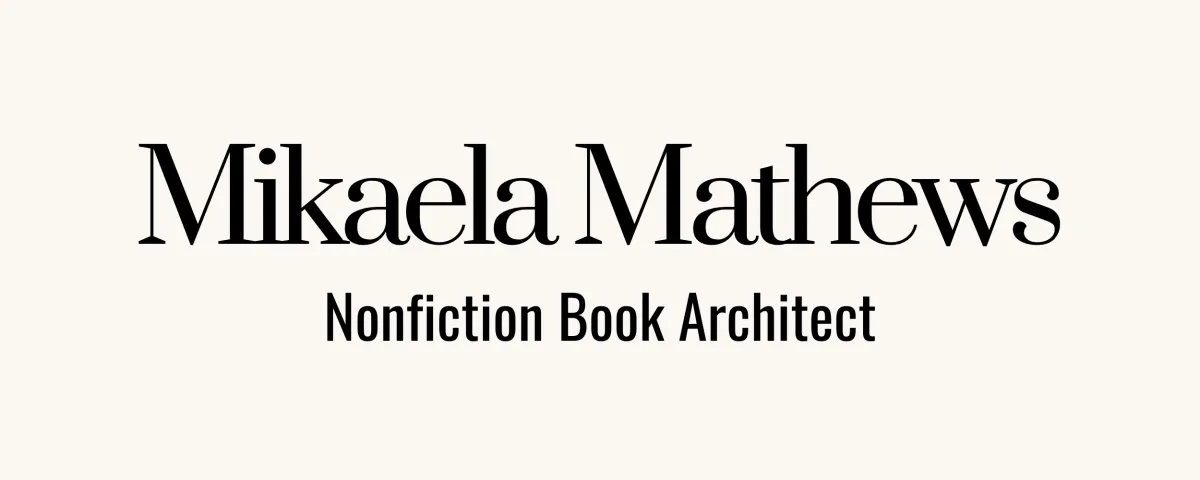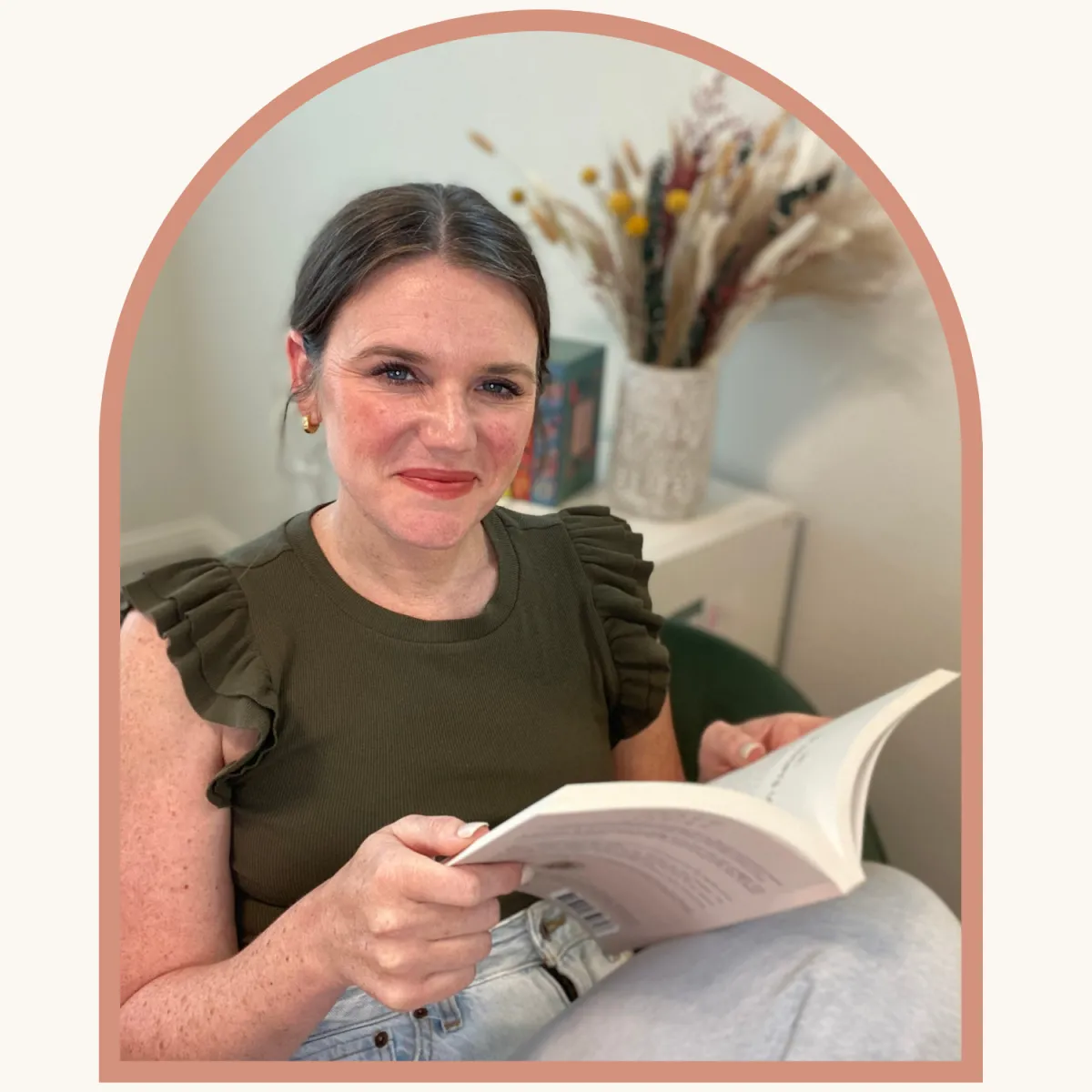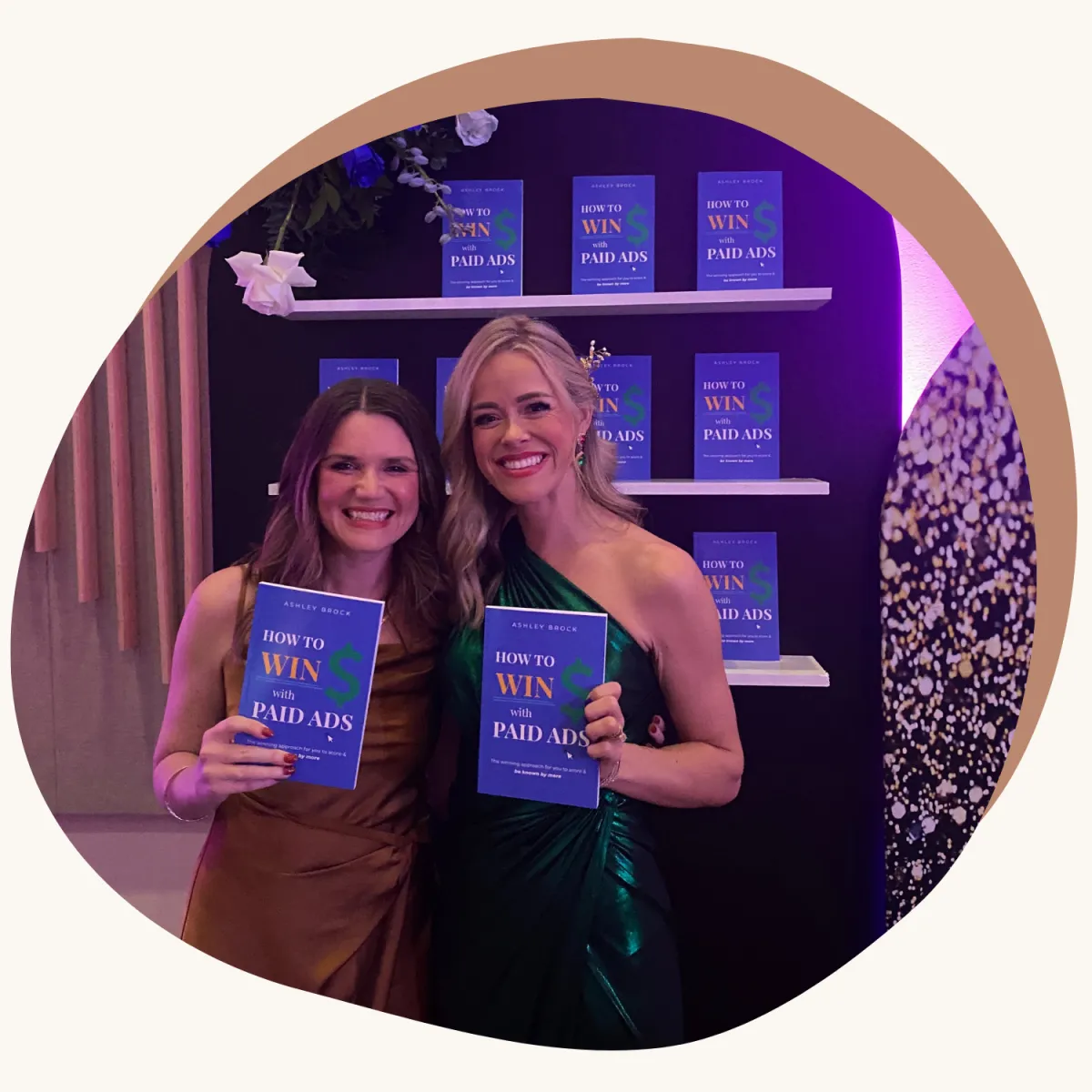
Nonfiction Book Development & Editorial Coaching for Women
Two-day editorial intensives with a bestselling nonfiction editor to help you confidently decide, structure, and outline your book so you actually feel excited to write it.
Currently booking for March intensives.

100+ writers coached
10+ bestsellers
13 years editing experience
Certified writing coach

Writing isn’t the hardest part.
Wondering if your book actually makes sense is.
You’re not afraid of the work. You’re afraid of getting it wrong.
You’ve probably written pages. Maybe dozens. You’ve talked to friends and family about it. You’ve tried to narrow your book down—only to second-guess yourself over and over again.
But underneath all of that effort is one lingering question: Would a reader get it?
It seems genius in your head, but would a reader think so?
You don't want to spend the next 6+ months writing the wrong thing.
That uncertainty drains momentum. (This has nothing to do with talent, by the way.)
I am so inspired to keep writing & feel really good about my next steps. This is exactly what I needed to move forward.
The Outline Intensive was critical to write my book. I wouldn't have written it without it. Within a month of my intensive I'm 15k words in. For me, it was essential.
Mikaela moved my chapters around, and it unlocked something in my brain. Literally haven't been able to sleep since our call because it's like a gate opened up.
You don't have a writing problem. You have a perspective problem.
You’re not stuck because you lack ideas. And you’re not stuck because you lack discipline.
You’re stuck because you’re trying to make a long-term structural decision by yourself. You can't read a label from inside the jar.
When you’re this close to the message—a message that's lived-in, layered, and personal—everything feels important.
Every story feels essential. Every angle feels viable. Every framework feels possible.
So narrowing feels risky.
But here’s the truth: A good book requires settled direction.
It requires choosing what the book is about and just as importantly, what it’s not about.
That kind of decision is difficult to make in isolation. Inside your own head, everything connects. But on paper, it has to connect for someone else.
Until the structure is clear, writing feels uncertain. Once the structure is settled, writing becomes execution.
That’s the shift.
You don’t need more inspiration. You need objective, outside perspective.
You need a trained eye to help you decide what holds.

THIS IS WHERE THE BOOK GETS DECIDED
The Outline Intensive
The Outline Intensive is a two-day, high-touch editorial intensive designed to help you organize, structure, and outline your book with confidence.
Clarify your true reader
Define the core transformation
Establish a clear direction
Build a chapter-by-chapter structure that actually holds
For authors who haven't started their books or are stuck halfway
By the end, you don’t just have pages. You have a settled direction, a structure you trust, and an outline you can fill in without second-guessing every chapter.
Once the foundation is right, writing feels less risky. It becomes focused. And focused writing builds momentum.
Already written your book?
If you’ve completed your nonfiction book and not sure what to do with it next, you're invited to join a Clarity Workshop.
meet mikaela
Friends don't let friends write bad books.
I’ve been an editor for thirteen years and a certified writing coach for four years.
Over that time, I’ve worked with hundreds of writers helping them refine, reshape, and strengthen nonfiction manuscripts that carry real weight.
Thirteen of the women I’ve coached have gone on to become Amazon bestselling authors.
But what matters more to me than rankings is that their books held. They made sense and flowed logically. These authors count publishing a book as a once-in-a-lifetime milestone.
Clarity is what got them there. Clear messages, clear plans, and it's what we can create for you too.

AS SEEN ON




resources
Dive into the podcast and grab the free Mapping Method to start clarifying your idea and building your bestselling book.
01
FOR WOMEN WHO WRITE PODCAST
The podcast for women who have always wanted to write a book but not sure where to start.
We cover self vs traditional publishing, how to determine the right genre, and the seven-stage path to self-publishing a bestseller.
02
MAPPING METHOD FREEBIE
If you're not sure yet if you're ready for an Intensive, this free Bestseller Mapping Method will walk you through what you need to know to get started on your bestseller.
Click below to grab it for free!
© MIKAELA MATHEWS | ALL RIGHTS RESERVED | TERMS & CONDITIONS
